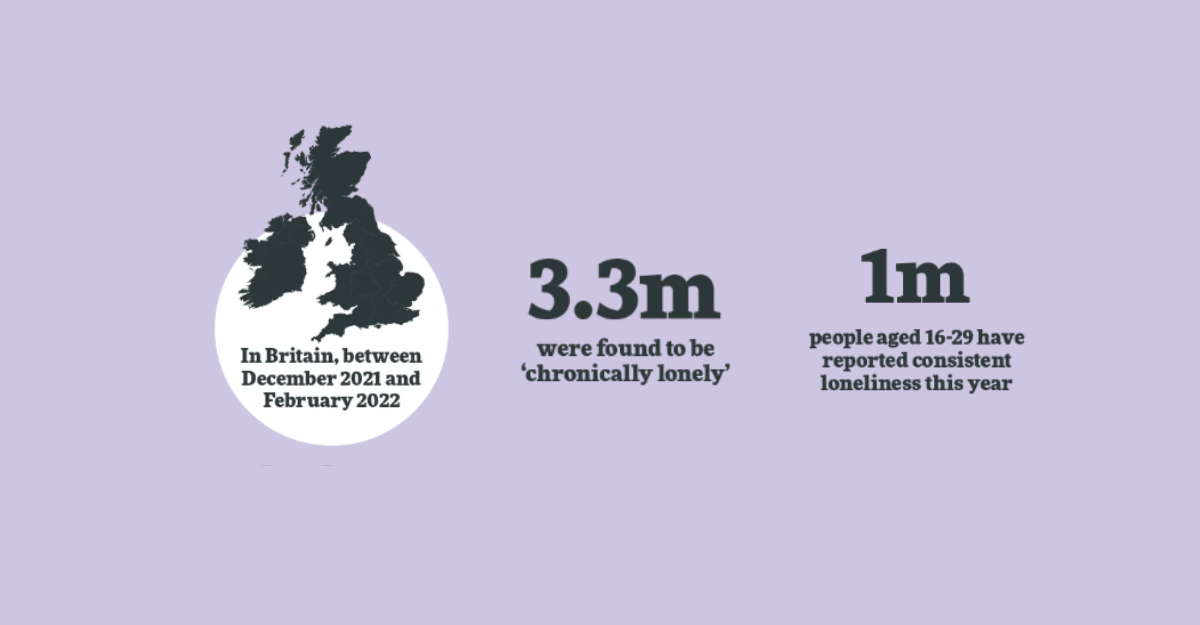Insights
The community connection challenge: part 1.
How can we harness design to foster nourishing relationships, promote intergenerational togetherness and avoid community severance?
Possibilities
Structurally embedded in our cities, UK society’s well-publicised loneliness problem – brought into sharper focus post-pandemic – is only intensifying in 2022, with large, crowded cities generally the worst culprits, and London often cited as the ‘world capital’ of loneliness. It’s not just the elderly either, with more and more of us, hailing from an array of demographics, experiencing first-hand how isolation feels.
Survey analysis from the Campaign to End Loneliness suggests it’s worse than during the height of Covid-19. Between December 2021 and February 2022, 3.3 million people in Britain were found to be ‘chronically lonely’, compared with 2.6 million in May 2020.
Loneliness is a deeply personal experience associated with a negative feeling that people have when the relationships they have do not match up to those they would like to have.
Caroline Abrahams – Charity Director, Age UK
One million people aged 16-29 have also reported consistent loneliness this year. Despite restrictions lifting, many folk have found themselves unable to rejoin or rebuild their networks, and are suffering with various strains of isolation. The interpersonal variety involves feeling generally separate from others, while social loneliness is about feeling alienated from a group. There’s also intellectual loneliness – feeling out of sync with or on a different wavelength to family, friends, peers; and cultural loneliness – isolation due to lifestyle change or cultural severance.

For years, health psychologists have produced extensive evidence regarding the negative effects of loneliness on physical health, particularly in elderly members of society.
says our chartered community psychologist Dr Paul Hanna. Recently, research has highlighted that loneliness doesn’t just affect physical health and the elderly; it can have a detrimental impact on the physical and mental health of us all. I have seen, first-hand, the effects of loneliness on the wellbeing of people from every walk of life.
Contributing factors are multifarious. As well as the way our social systems are constructed, there are rapidly changing lifestyle habits and societal trends in the mix, including declining community participation and an increase in one-person households.